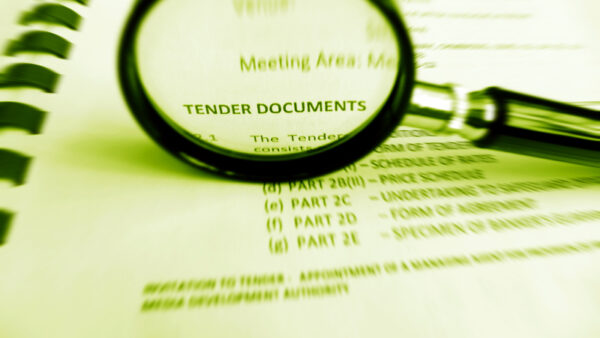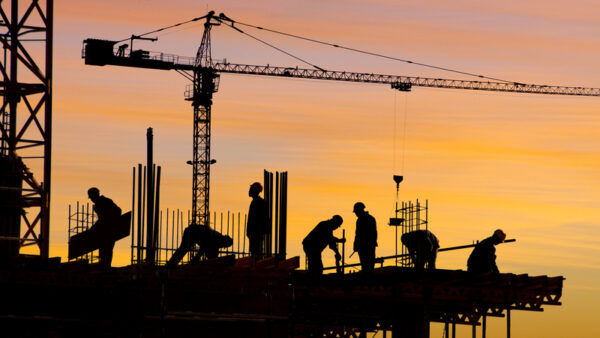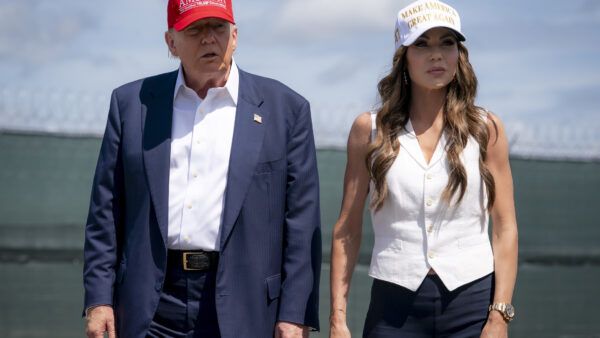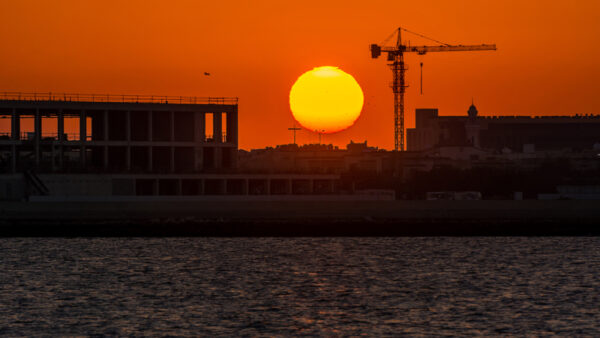About a week after flight MH17 was blown out of the air over Ukraine on 17 July, European politicians started calling for the 2018 World Cup to taken away from Russia.
They spoke out first in Germany. “If [Russian President Vladimir] Putin doesn’t actively cooperate on clearing up the plane crash, the football World Cup in Russia in 2018 is unimaginable,” Peter Beuth, interior minister for the state of Hesse, told a German newspaper.Â
Then the UK deputy prime minister Nick Clegg told the Sunday Times that it was “unthinkable” that Russia should host the football event. “He can’t have his cake and eat it,” Clegg said of Putin.
But if politicians really want to punish Putin – by draining Russia’s resources, thwarting its ambitions to modernise and making its people worse off and more dissatisfied than they were before – the best way may be to keep the World Cup right where it is.
That’s the logic suggested in a recent paper by Martin Müller, professor of geography at the University of Zurich.
The Russian government has suspended basic democratic rights and violated the fundamental legal principle of equality before the law, privileging stakeholders of the World Cup over ordinary companies and citizens– Martin Müller, professor of geography at the University of Zurich
Müller proposes the concept of “event seizure”, where a country is “possessed” by a mega sporting event. The country thought it wanted to host the event it because it would boost the economy, drive modernisation and increase its prestige, but what really happens is the opposite – the event impoverishes the country, makes all that was dysfunctional in the state worse than before, and erodes its legitimacy in the eyes of its hard-pressed people.
In his paper, “Event Seizure: The World Cup 2018 and Russia’s Illusive Quest for Modernisation”, Müller charts how Russia’s second-tier cities saw the tournament as a chance to transform themselves after Russia won its bid in 2010.
More than a thousand ambitious projects were submitted from the 11 host cities, amounting to a total cost of $45bn. But at the time, preparations for Sochi Winter Games were spiralling out of control and economic growth forecasts looked dim, so the federal government rejected anything that didn’t directly support the World Cup.
In June 2013 the government approved just 271 projects for a total of $21.5bn, including seven new stadia, 86 training grounds, 62 hotels and upgrades to airports and airport links. Later that year the total projected cost inched up to $25.5bn, setting Russia 2018 on course to be the most expensive World Cup ever.
For Müller, this contraction of the original vision, from widespread modernisation down to just hosting the event – and at huge cost – was the first instance of “event seizure”.
He believes the new stadia themselves will be white elephants because the average occupancy rate for the stadia of Russia’s top 15 football teams now is below 60%. The new World Cup stadia will add 450,000 extra seats. They will, in effect, drain Russia’s coffers for no good reason.Â
“For Russia,” writes Müller, “this means that stadia will consume a large part of the federal budget but remain obsolete and unproductive net expenditures that the event – rather than the goal of modernisation – dictates.”Â
Cash for the elites
The second way the World Cup will hurt Russia, Müller argues, is that it will intensify what he calls Russia’s “neopatrimonial” system of siphoning off cash for the ruling elites. Instead of the efficiency and cost reductions afforded by open and transparent bidding processes, it will be jobs for cronies.
The clearest example of this, Müller writes, is one state-run firm, Sport Engineering, winning the bids to act as developer for seven of the 12 stadia being built or upgraded, even though it was not always the lowest bidder and in some instances was the only bidder.Â
Müller said the lack of transparency and a “deficient competitive environment” has already inflated stadia costs. “With the pretext of having to conform to tight schedules and high expectations, overblown budgets and rent seeking have become the norm,” he wrote.
The third “seizure” is the erosion of ordinary Russians’ legal standing as laws change to make room for the tournament. In force since June 2013, Federal law N 108-F3, dealing with the preparation and staging of the World Cup, made changes to eight fundamental codes in Russian law affecting labour, tax, land, arbitration, housing, town planning and even forestry.Â
Some of those changes are designed to protect the commercial interests of FIFA and its partners, but Müller notes how they go well beyond that. Public gatherings and movement are restricted during the 2018 event. Public hearings on plans for urban rezoning can be suspended. Environmental impact assessments are limited to five days. The ability to appeal property expropriations are severely limited.
“In preparation for the mega-event,” Müller writes, “the Russian government has thus suspended basic democratic rights and violated the fundamental legal principle of equality before the law, privileging stakeholders of the World Cup over ordinary companies and citizens.”
This, Müller says, can only weaken Putin: “Instead of bolstering the legitimacy of the state in Russia through contributing to modernisation,” he writes, “the World Cup 2018 thus looks more likely to undermine it. While those in power profit from the event, for most Russians the World Cup means an unproductive and unequal allocation of resources for the benefit of a select few under the guise of an event for the masses.”
If Müller is right, politicians calling for the World Cup to be taken from Russia may want to sit back and watch the demon do its work.
Access Müller’s paper here.






